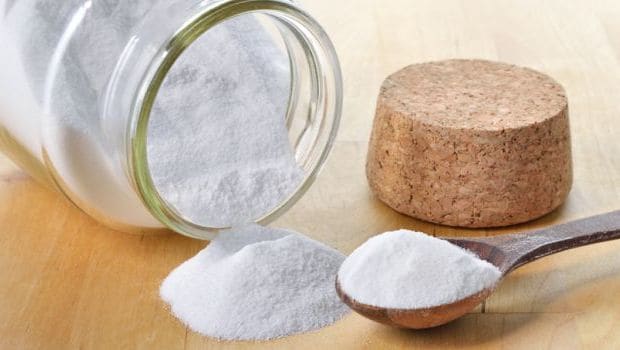Cholesterol management is crucial for maintaining heart health and preventing cardiovascular diseases. One natural remedy that has gained attention is bergamot, a citrus fruit known for its potential benefits in managing cholesterol levels. This article explores the effectiveness of bergamot for cholesterol, its mechanisms, and how you can incorporate it into your health regimen.
What is Bergamot?
Bergamot is a citrus fruit native to the Mediterranean region, renowned for its distinct aroma and flavor. It’s primarily used in perfumes and as a flavoring in Earl Grey tea. Beyond its fragrant properties, bergamot is also valued for its potential health benefits, particularly in cholesterol management.
How Bergamot Affects Cholesterol Levels
The Role of Bergamot in Cholesterol Regulation
Research suggests that bergamot extract may help manage cholesterol levels by influencing lipid metabolism. The primary active compounds in bergamot, such as flavonoids and essential oils, have been shown to impact cholesterol levels positively. These compounds may help reduce low-density lipoprotein (LDL) cholesterol, often referred to as “bad” cholesterol, and increase high-density lipoprotein (HDL) cholesterol, or “good” cholesterol.
Studies and Evidence
Several studies have investigated the effects of bergamot on cholesterol levels. For instance, a study published in the Journal of Cardiovascular Pharmacology found that bergamot extract significantly reduced LDL cholesterol and total cholesterol levels in participants with hypercholesterolemia. Another study in the European Journal of Nutrition highlighted bergamot’s ability to improve lipid profiles and support overall heart health.
How to Use Bergamot for Cholesterol
Bergamot Supplements
Bergamot is commonly available in supplement form, such as capsules or tablets. When choosing a supplement, it’s important to select a high-quality product with standardized extracts to ensure efficacy. Dosage recommendations can vary, so it’s advisable to consult with a healthcare provider to determine the appropriate amount for your needs.
Bergamot Essential Oil
Bergamot essential oil is another way to benefit from bergamot’s properties. It can be used in aromatherapy or diluted and applied topically. However, using essential oil for cholesterol management is less common and should be done under professional guidance.
Incorporating Bergamot into Your Diet
While bergamot itself is not typically consumed directly, you can enjoy its benefits through products like Earl Grey tea, which contains bergamot oil. Drinking this tea may contribute to your overall health and provide a subtle way to incorporate bergamot into your diet.
Benefits of Using Bergamot for Cholesterol
Heart Health Improvement
One of the primary benefits of using bergamot for cholesterol management is its potential to improve heart health. By reducing LDL cholesterol and increasing HDL cholesterol, bergamot may help lower the risk of heart disease and stroke.
Natural and Complementary Approach
Bergamot offers a natural alternative or complementary approach to traditional cholesterol medications. For individuals seeking to manage their cholesterol levels without relying solely on pharmaceutical drugs, bergamot provides a potential option to consider.
Potential Side Effects and Precautions
Possible Side Effects
Bergamot is generally considered safe for most people when used appropriately. However, some individuals may experience mild side effects, such as digestive discomfort or allergic reactions. It’s essential to monitor your body’s response and discontinue use if you notice any adverse effects.
Drug Interactions
Bergamot may interact with certain medications, particularly those affecting cholesterol levels or liver function. If you are taking medications for cholesterol management or other health conditions, consult your healthcare provider before adding bergamot to your regimen.
Conclusion
Bergamot has emerged as a promising natural remedy for managing cholesterol levels and supporting heart health. Its potential to reduce LDL cholesterol and increase HDL cholesterol makes it an appealing option for those seeking alternative or complementary treatments. However, it’s crucial to approach bergamot with informed caution, considering possible side effects and interactions with medications.













